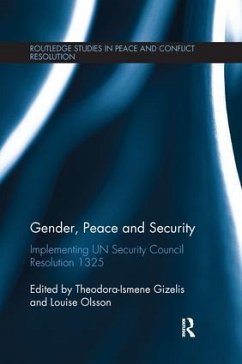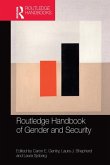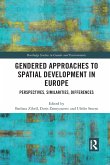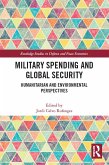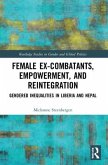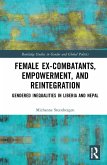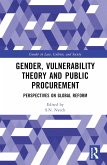This volume explores the implementation of key gender policies in international peace and security, following the adoption of UN Security Council resolution 1325 in October 2000, the first thematic resolution on Women, Peace and Security.
How should we understand women's participation in peace processes and in peace operations? And what forms of gendered security dynamics are present in armed conflict and international interventions? These questions represent central themes of protection and participation that the international community has to address in order to implement UNSCR 1325. Thus far, the implementation has often employed varying approaches related to gender mainstreaming, a third theme of the resolution. Yet, there is a dearth of systematic data which until recently has restricted the ability of researchers to evaluate the progress in implementation and impact of UNSCR 1325.
By engaging with both empirics and critical theory, the authors of this edited volume make important contributions to the gender, peace and security agenda. They identify some of the problems of implementing UNSC 1325 and offer a sobering assessment of progress of implementation and insights into how to advance our understanding through systematic research. Many of the chapters are focused on operational aspects of UNSCR 1325, but all also engage with the theoretical underpinnings of UNSCR 1325 to bring forth central debates on more fundamental challenges to the development of knowledge in the fields of gender, peace and security.
This book will be of much interest to students of gender studies, peace and conflict studies, security studies and IR in general.
How should we understand women's participation in peace processes and in peace operations? And what forms of gendered security dynamics are present in armed conflict and international interventions? These questions represent central themes of protection and participation that the international community has to address in order to implement UNSCR 1325. Thus far, the implementation has often employed varying approaches related to gender mainstreaming, a third theme of the resolution. Yet, there is a dearth of systematic data which until recently has restricted the ability of researchers to evaluate the progress in implementation and impact of UNSCR 1325.
By engaging with both empirics and critical theory, the authors of this edited volume make important contributions to the gender, peace and security agenda. They identify some of the problems of implementing UNSC 1325 and offer a sobering assessment of progress of implementation and insights into how to advance our understanding through systematic research. Many of the chapters are focused on operational aspects of UNSCR 1325, but all also engage with the theoretical underpinnings of UNSCR 1325 to bring forth central debates on more fundamental challenges to the development of knowledge in the fields of gender, peace and security.
This book will be of much interest to students of gender studies, peace and conflict studies, security studies and IR in general.

